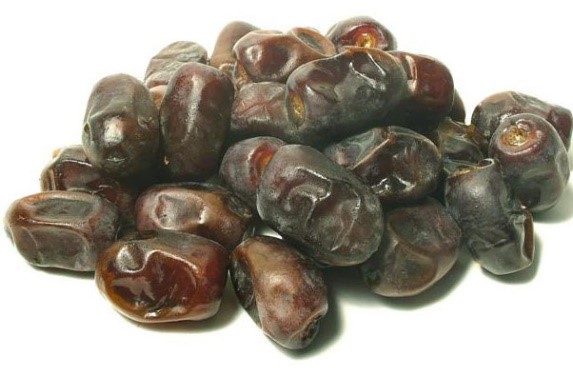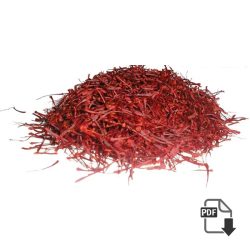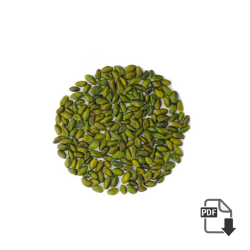Can Dogs Eat Saffron? Understanding the Risks and Benefits
As pet owners, we often want to share our favorite foods with our dogs. Saffron, known for its rich flavor and vibrant color, is a prized spice in many households. But is it safe for dogs? Understanding whether dogs can eat saffron is crucial for their health and well-being. Let’s explore the potential risks and benefits of saffron for dogs.
Is Saffron Safe for Dogs?
The short answer is that saffron is generally not recommended for dogs. While small amounts may not cause harm, saffron can be toxic in larger quantities. The risk of toxicity increases with the quality and concentration of the saffron, as it contains compounds that may affect your dog’s health.
Understanding Saffron Toxicity in Dogs
Saffron contains certain compounds, such as crocin and safranal, that give it its distinctive color and aroma. While these compounds are safe for humans in culinary doses, they can be harmful to dogs. Ingesting too much saffron can lead to gastrointestinal issues, including vomiting and diarrhea. In extreme cases, it can cause more severe symptoms like blood in the urine or stool, which may indicate toxicity.
Potential Risks of Saffron for Dogs
Feeding your dog saffron, even accidentally, can pose several risks:
- Gastrointestinal Upset: Dogs that consume saffron may experience stomach pain, vomiting, and diarrhea. These symptoms are often the first sign that something is wrong.
- Toxicity: Ingesting a significant amount of saffron can be toxic to dogs, leading to more serious health issues. This is especially true for smaller dogs or those with pre-existing health conditions.
- Allergic Reactions: Just like humans, dogs can have allergies to certain foods, including saffron. An allergic reaction could manifest as itching, swelling, or difficulty breathing.
What to Do If Your Dog Eats Saffron
If your dog accidentally consumes saffron, it’s important to monitor them closely. Look for signs of distress such as vomiting, lethargy, or unusual behavior. If you notice any of these symptoms, contact your veterinarian immediately. They can guide whether your dog needs medical attention.
Safe Alternatives to Saffron for Dogs
While saffron should be avoided, there are many other safe and healthy treats you can offer your dog. Consider these alternatives:
- Carrots: A low-calorie, crunchy treat that many dogs love.
- Pumpkin: Rich in fiber and great for your dog’s digestion.
- Blueberries: Packed with antioxidants, these make a tasty and healthy snack.
These alternatives not only satisfy your dog’s taste buds but also provide nutritional benefits without the risks associated with saffron.
Keeping Your Dog Safe
The best way to keep your dog safe from potentially harmful foods like saffron is to ensure that all spices and ingredients are stored out of their reach. Always be cautious when sharing human foods with your pet, and when in doubt, consult your veterinarian.
Conclusion: Saffron and Your Dog’s Diet
While saffron is a valuable spice in the kitchen, it’s best to keep it away from your dog. The potential risks far outweigh any benefits, and there are plenty of other safe and nutritious options to treat your furry friend. Always prioritize your dog’s health by making informed choices about what they eat.
Best Quality Saffron in the World
Ready to Learn More About Pet Safety?
If you want to learn more about which foods are safe for your dog, or if you have questions about their diet, consult with a veterinarian. Keeping your dog’s diet safe and healthy is the best way to ensure they live a long, happy life.
All Type Of Saffron
-
Saffron Powder Special price + analysis + sale offer
Saffron Powder is not a kind of saffron such as Negin or Pushal. It is a form of saffron, which producers make from grinding the saffron threads in the industrial scope. The final product color is slightly lighter than the…
-
bunch saffron Special wholesale price + analysis + sale offer
Bunch Saffron has different names, such as Dasteh Saffron or Dokhtar Pich Saffron (Dochtar Pitsch Saffron, or Dokhtar Saffron). Dasteh Saffron is the complete stigma (filament) of saffron in bundles. In other words, it contains the stigma with the whole…
-
mancha saffron ( Pushal ) Special wholesale price + analysis + sale offer
Mancha Saffron is the stigma part. Since in Pushal is not cut like Allred during production so the complete red-colored parts are maintained along with a little bit of the orange-colored threads. All the three stigma threads are attached like…
-
Sargol Saffron | most economical saffron for import
Sargol Saffron | most economical saffron for import : sargol saffron consists only of Dark Red Stigma (thread) Tips. So. in other words all the white and orange parts are removed. This saffron is the second most expensive type of…
-
all red saffron | super negin saffron Special price + analysis + sale offer
All Red Saffron | Super Negin Saffron | Best Iranian Saffron : Negin Saffron is the most expensive type of Saffron because it has the highest quality compared to other types. When three stigma threads are attached together we call…


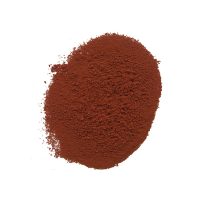
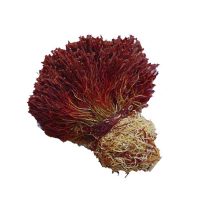
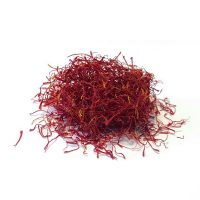
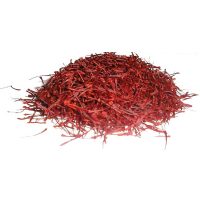
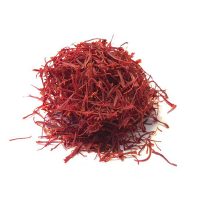



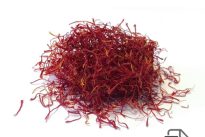
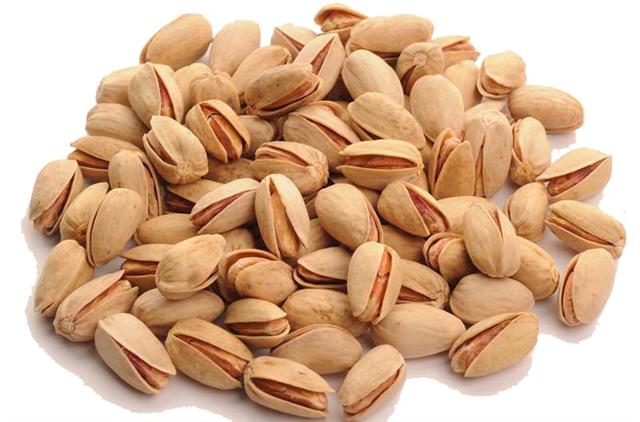
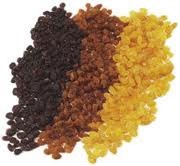 3 kind raisin
3 kind raisin 